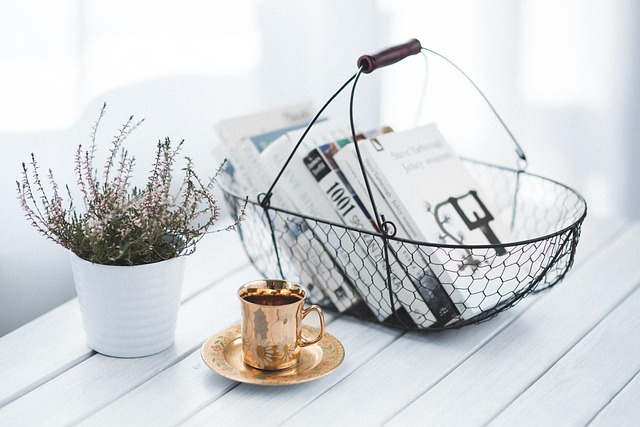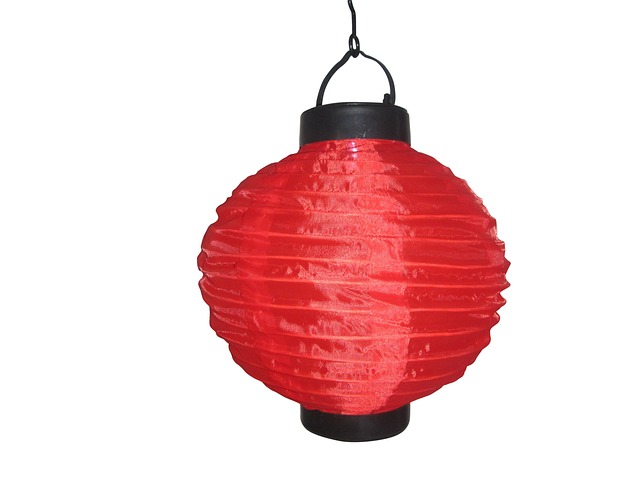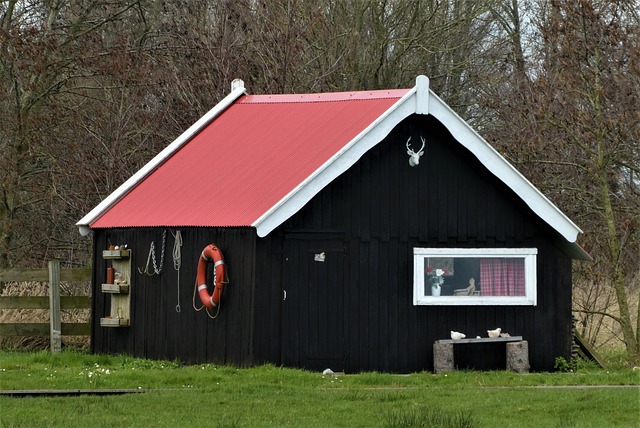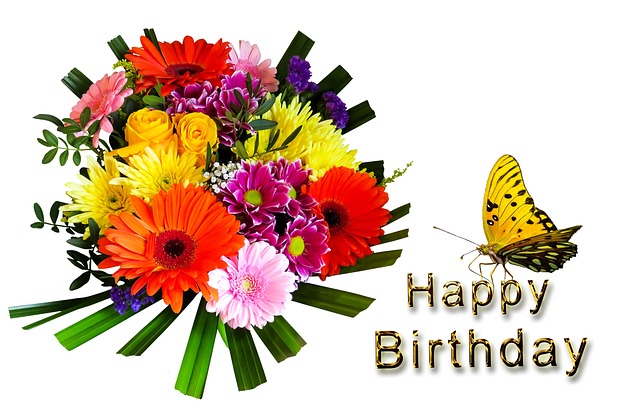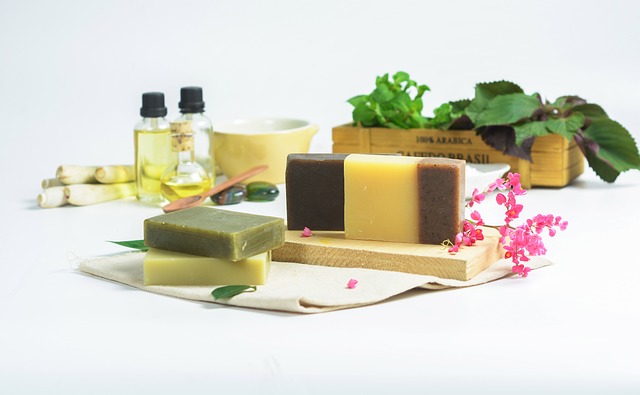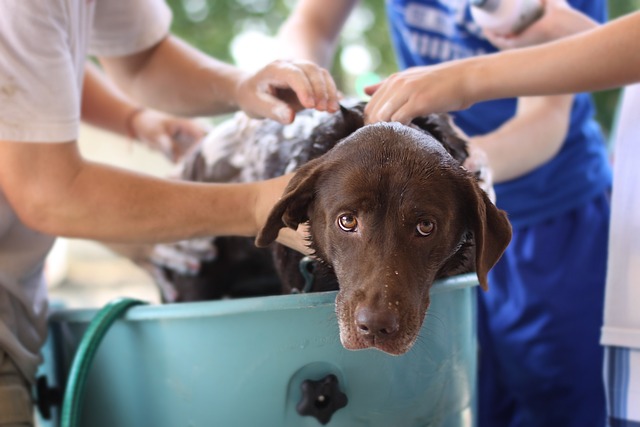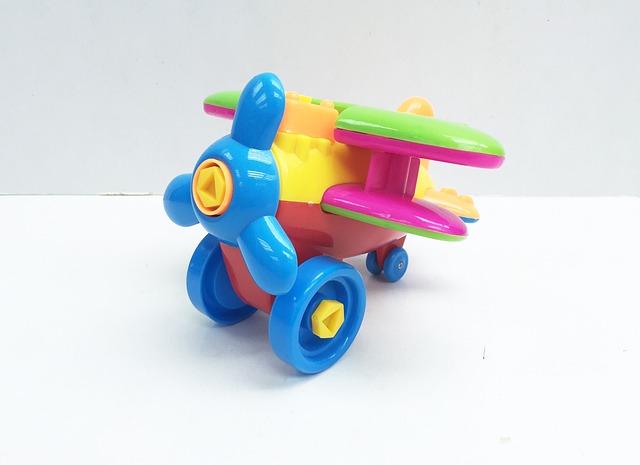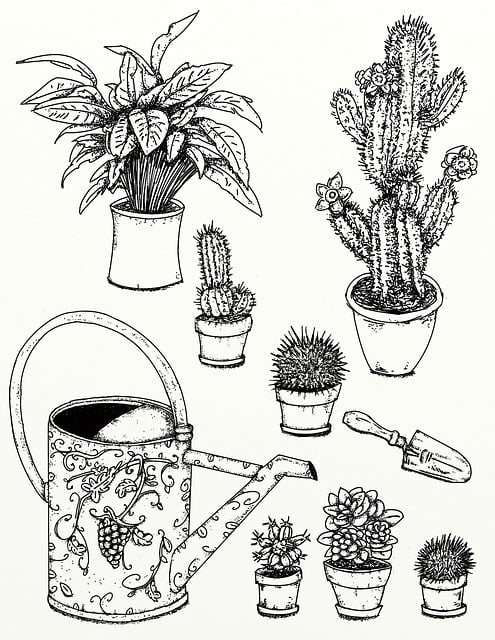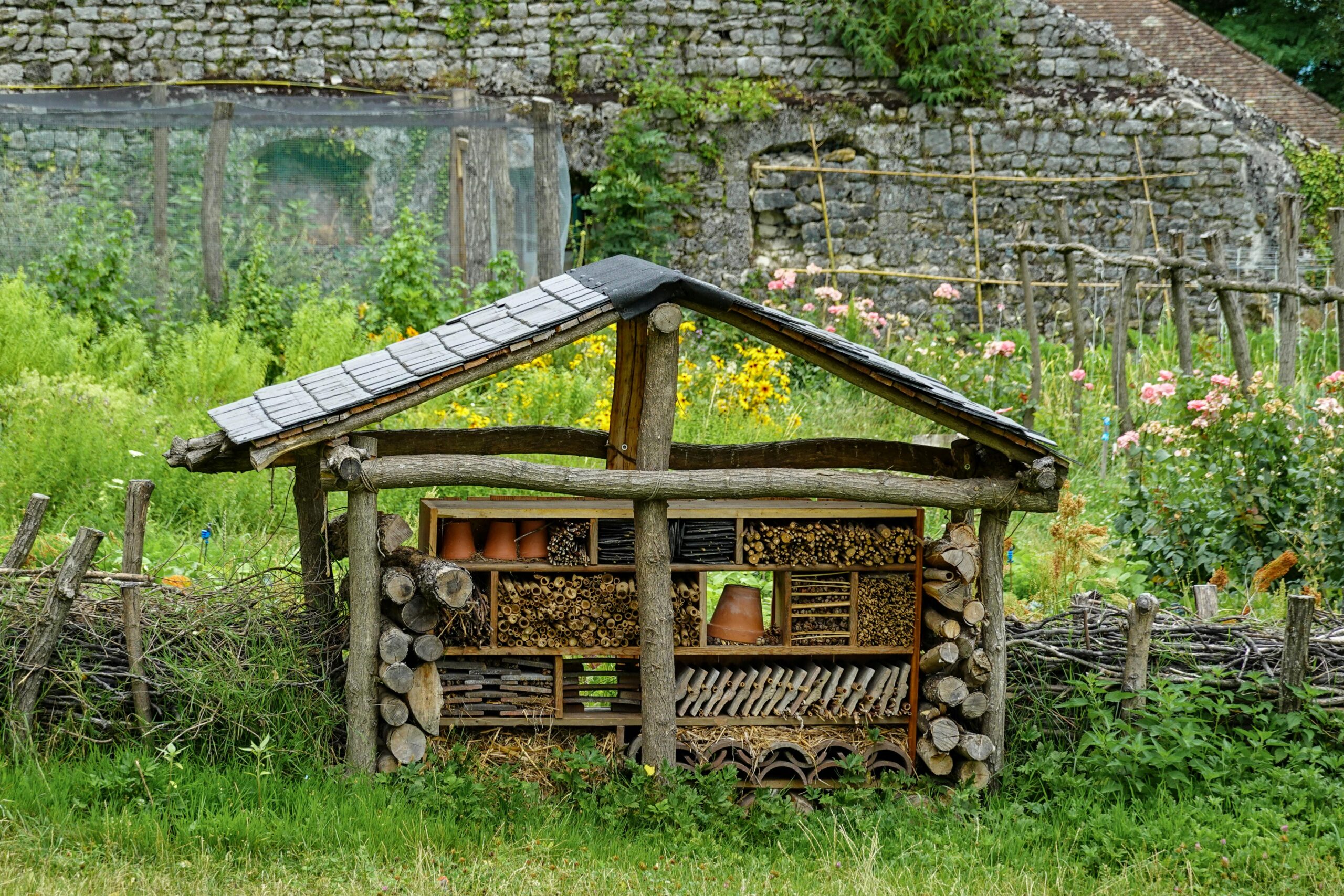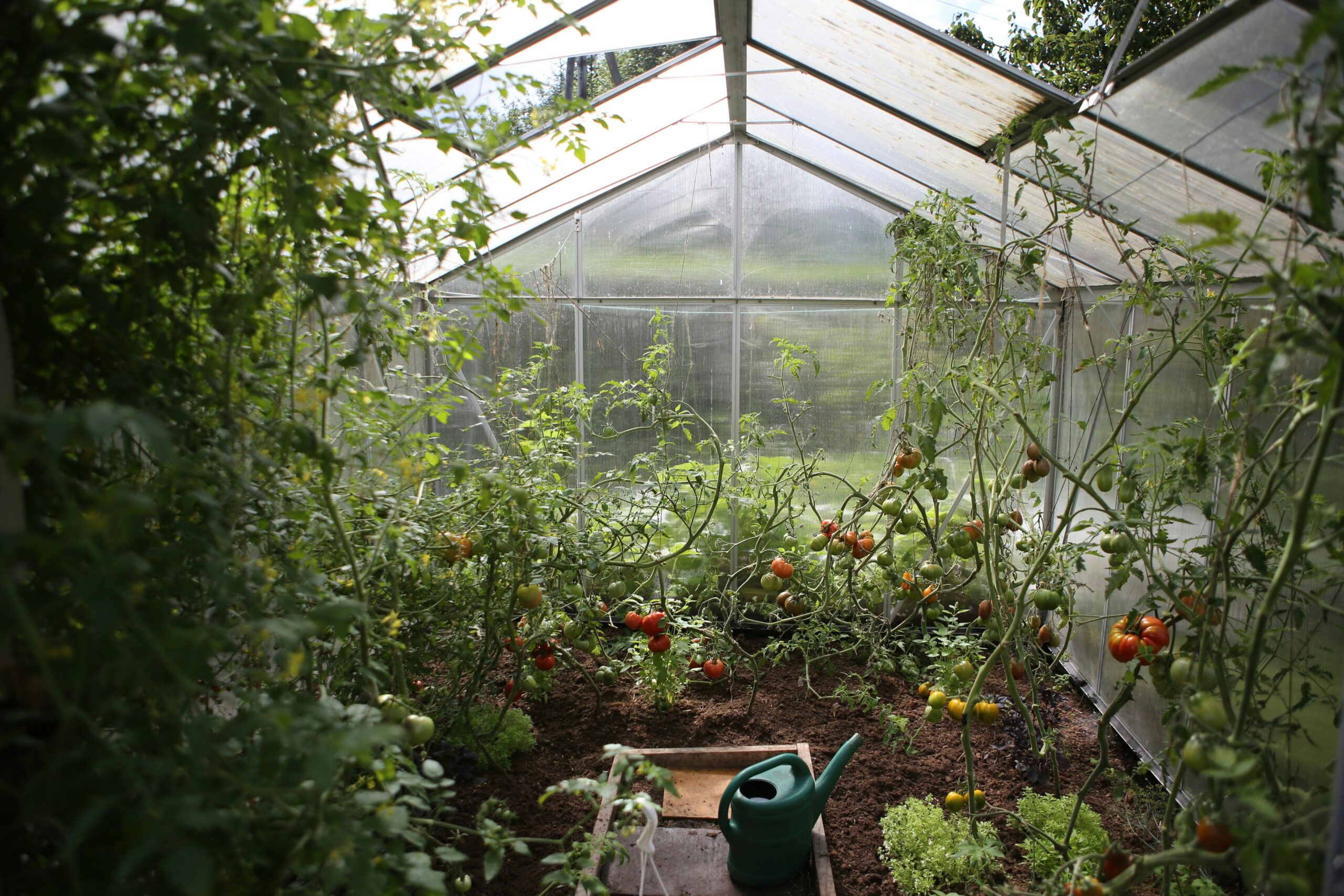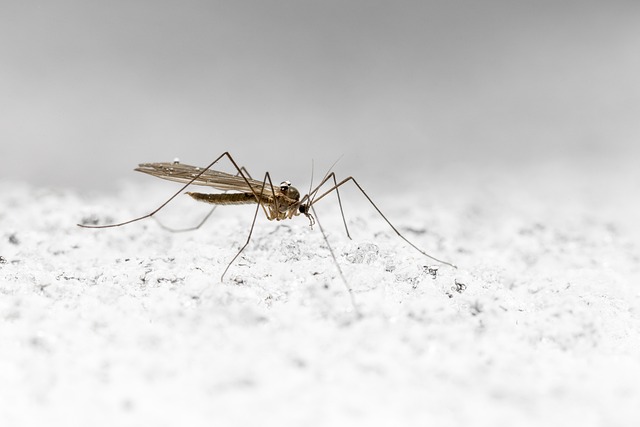Introduction
Transform your outdoor space into a thriving oasis with our comprehensive guide to DIY gardening. Whether you’re a novice or an experienced green thumb, this guide will walk you through creating a beautiful, functional garden using your own two hands.
Table of Contents
- Planning Your Garden Layout
- Essential Garden Infrastructure
- Plant Support and Growth Systems
- Water Management Solutions
- Garden Protection and Maintenance
- Eco-Friendly Gardening Practices
- Decorative Elements
- Storage Solutions
1. Planning Your Garden Layout
Before diving into your gardening project, proper planning is essential. According to landscape architect Sarah Thompson of Green Spaces Design, “A well-planned garden ensures optimal plant growth and creates an enjoyable space for gardeners.” Source: Gardening Monthly Magazine
Raised and Elevated Beds
One of the most popular DIY gardening projects is creating DIY raised beds for gardening. These structures offer numerous benefits, including:
- Better soil control
- Improved drainage
- Reduced back strain
For those with limited mobility, DIY elevated garden beds provide an excellent alternative. Master Gardener Tom Chen suggests, “Elevated beds can be perfect for elderly gardeners or those with physical limitations.” Source: Urban Farming Institute
2. Essential Garden Infrastructure
Garden Boundaries
A DIY fence for garden not only defines your space but also protects your plants. Consider these popular options:
- Wooden picket fence
- Bamboo screening
- Living fence using climbing plants
Support Structures
Create a DIY pergola kits installation to add vertical interest and support for climbing plants. Horticulturist Dr. Emily Rodriguez emphasizes, “Vertical gardening maximizes space and adds architectural interest to any garden.” Source: Vertical Gardening Weekly
For vegetable gardens, a DIY trellis for cucumbers can maximize growing space and improve fruit quality.
3. Plant Support and Growth Systems
Plant Displays
Showcase your plants with a DIY outdoor plant stand or various DIY plant stands. These not only add visual interest but also help optimize space usage.
Composting Solutions
Implement efficient composting with a DIY compost bin tumbler or DIY composting tumbler. For advanced composting, consider DIY worm bins. Soil scientist Dr. Mark Thompson notes, “Vermicomposting can produce some of the richest, most nutrient-dense compost for your garden.” Source: Sustainable Gardening Institute
4. Water Management Solutions
Irrigation
Implement water-efficient DIY drip irrigation systems to ensure consistent plant hydration. Water conservation expert Lisa Chen recommends, “Drip irrigation can reduce water usage by up to 50% compared to traditional watering methods.” Source: Water Wise Gardening
Rain Collection
Build a DIY rain barrel stand to harvest rainwater for your garden. This eco-friendly approach reduces water bills and provides plants with natural, chlorine-free water.
5. Garden Protection and Maintenance
Pest Control
Create a natural DIY mosquito yard spray to keep pests at bay without harmful chemicals. Entomologist Dr. David Brown suggests, “Natural pest control solutions can be just as effective as commercial products when used correctly.” Source: Organic Pest Control Quarterly
Plant Care
Make your own DIY fruit wash to clean homegrown produce safely. For car maintenance near your garden, consider a homemade DIY windscreen washer fluid that won’t harm your plants if overspray occurs.
6. Eco-Friendly Gardening Practices
Implement sustainable practices in your garden:
- Composting
- Water conservation
- Natural pest control
- Native plant selection
7. Decorative Elements
Enhance your garden’s aesthetic appeal with DIY garden decor. From upcycled containers to handmade ornaments, personal touches make your garden unique.
8. Storage Solutions
Keep your garden tools and supplies organized with DIY wood sheds. For those with limited space, consider vertical storage solutions or dual-purpose furniture.
Additional Features
For gardens with water features, explore DIY pool kits to add a refreshing element to your outdoor space.
Conclusion
DIY gardening allows you to create a personalized, sustainable, and beautiful outdoor space. By implementing the various projects and tips outlined in this guide, you’ll be well on your way to cultivating the garden of your dreams.
Remember, gardening is a journey, not a destination. Start small, learn as you grow, and most importantly, enjoy the process of creating your own green paradise.


